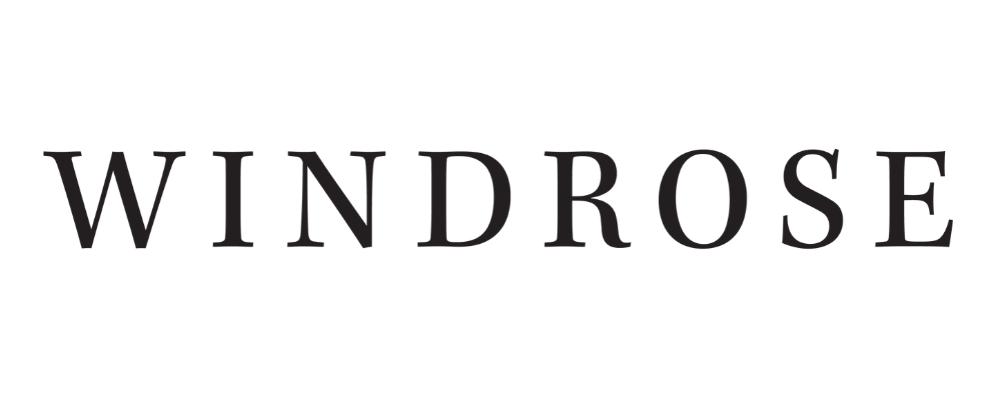On Becoming A Food Writer
There was a time about a two years ago when I found myself seated at a table surrounded by wine glasses filled with varying types of expensive wines, waiters fluttering to and from my table bringing course after course of exquisite food. And my primary emotion? Not delight, but disbelief. I felt like a fraud.
Not a fraud in a Catch-Me-If-You-Can kind of way—I had my own legitimate credit cards and other means of paying—but in a I-don’t-deserve-this kind of way because the entire 10-course meal with wine pairings was completely free. All I had to do was review the meal for my assignment to cover the new spring menu.
Most days, I still can’t believe I get to write professionally about food. It’s a side gig that feels too good to be true: free tastings and insider access to some of the newest restaurants and most talented chefs in town, and I get to hang out with other food writers and general food lovers who are basically the best people.
Some days, I still feel like a fraud wearing a food writer’s outfit because this path came about half by hard work and half by pure chance. The roots of my food writing lie in my recipe blog, The Pancake Princess, which I first started when I was fresh out of college. Armed with an 8-5 full-time job in communications, I found myself with hours of free time every day after work. I began channeling my time towards tinkering in the kitchen and recording my recipe development efforts on my blog, complete with terribly amateur photos.
Three years, many posts, slowly evolving photos and recipe fails later, several of my blog posts were picked up by Houston Press. Eventually, one of the writers suggested that I apply as a freelance writer for the food section. I did, and as I stumbled through my first few restaurant reviews, I wondered: how does anyone figure out which wine is supposed to be paired with which foods? Is there really a such thing as a bad dessert? What is this dish supposed to taste like? Can they tell I don’t know what I’m doing? (Answers: a lot of experience and a lot of wine consumption, yes, Google, and generally, no.)
One of the best pieces of advice I ever received from a food writing mentor was that if you’re going to review a restaurant negatively, make it constructive so they know how to improve. Writing criticism solely for the purpose of calling out a restaurant’s mistakes won’t benefit either of you. I clung to this advice like a life raft every time I sat down to write a piece. Slowly, I began to realize that even though my only qualification for becoming a food writer (if you could even call it that) was 25 years of eating, my background in cooking had prepared me with a solid intuition towards good flavors, unusual techniques, and exemplary plating. My inherent passions for food and travel had exposed me to a wide variety of experiences that helped me put different dishes into context. And although a lot of skill simply comes from time and experience, my fascination with reading about food greatly expedited my learning curve.
Two years later, I have more than 40 pieces under my belt and I get to organize crazy food stunts like tasting 20 chocolate chip cookies from around Houston to find the best one. Though humble, my writing endeavors in the Houston food scene reminds me of all the cheesy inspirational wisdom that many people will tell you about finding what you’re truly passionate about. When you’re passionate about something, time flies and the hard work you put in is tempered by the satisfaction you receive. Being a food writer always seemed like a distant dream, but the perseverance, effort and creativity I put into becoming one has led to a path more delicious than I could have ever imagined.
[Photo from The Pancake Princess]









Hi friends,
Announcement (sounds so formal, doesn’t it?):
It's the end of an era.
I’ve decided that, after nearly 8 years of telling stories of navigating life, this season of Windrose is drawing to a close.